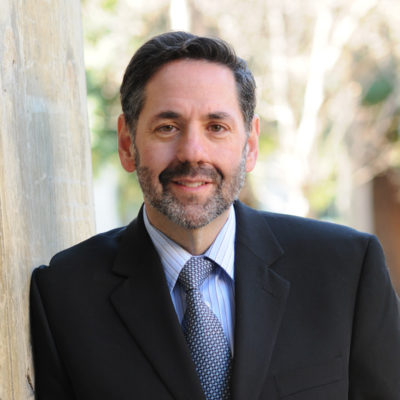Rivera Discusses Legal Ordeal
Summary
Professor Lawrence C. Marshall was quoted in the following article by Catherine Zaw of the Stanford Daily covering an event at the law school that featured Juan Rivera who was recently released from prison after serving 19 years of a wrongful conviction. Professor Marshall served as his lead appellate counsel.
Juan Rivera, released last month after serving 19 years in prison for being wrongfully convicted of murder, spoke yesterday afternoon at Stanford Law School about his experience.
Speaking to an audience of over 100 students and faculty, law professor Lawrence Marshall “” Rivera”™s lead appellate counsel “” recounted his client”™s ordeal.
…
“œBut his confession was blatantly wrong,” Marshall said.
Although the confession that Rivera originally made didn”™t match up with the evidence from the crime, according to Marshall, “œthey extracted a different confession, correcting the various mistakes within a few hours.”
…
“œJuan Rivera”™s DNA was not there,” Marshall said. “œThere was a single perpetrator. This is a classic false confession case. Instead of dropping the case, the prosecution forges ahead and says there might have been DNA contamination. The prosecution claimed that the girl was already sexually active.”
…
“There are preliminary things this case can teach us,” Marshall said. “On the legal side, we now understand the extent to which confessions are tremendously dangerous devices, especially with the way that they can be extracted. With a videotape of the interrogation, Rivera would have never been convicted. The jury needs to be able to see what was in the sausage of the confession.
“The other point that I want to make is that lawyers were not only part of solution but also part of problem,” Marshall added. “Juan”™s prosecutors were condemned with a case of tunnel vision and became so wedded to the idea that he was guilty that they couldn”™t see what other people could see in the evidence. We have to remember to not be wedded so we can open our eyes to new information.”
Read More
